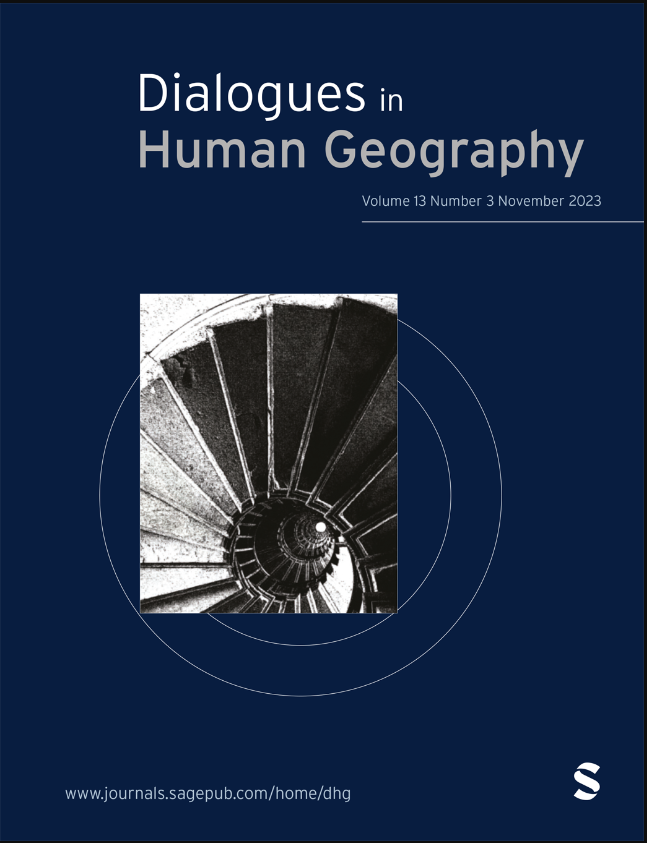Urban state venturism: On state-led venture capital investments in the urban process of capital accumulation
IF 9.6
1区 社会学
Q1 GEOGRAPHY
引用次数: 0
Abstract
Research on the urban process of capital accumulation has typically examined the state and capital as separate actors. This distinction is problematized by a long-standing, increasingly prominent but largely overlooked attempt by state institutions to drive urban development through venture capital (VC) investments. Conceptualized as urban state venturism in this paper, state-driven VC investments reflect at once a riskier extension of urban entrepreneurialism (through their speculative construction of place) and a transposition of state institutions into firm-level drivers of capitalist urbanization (through their roles as profit-oriented investors). To advance research on the urban process of capital accumulation through examining these imbricated state roles, this paper presents a new research agenda that comprises three dimensions, namely (i) the rationale of urban state venturism, (ii) the distribution of profits and risks, and (iii) the extent to which urban state venturism reflects state institutions’ intrinsic commitment to a ‘developmentalist’ ideology. In turn, the agenda foregrounds the value of assessing ‘new’ state capitalism through urban state venturism.城市国家风险投资:论城市资本积累过程中国家主导的风险投资
关于城市资本积累过程的研究通常将国家和资本作为不同的行为体来研究。国家机构通过风险投资(VC)推动城市发展的尝试由来已久,且日益突出,但在很大程度上却被忽视了,这就给这种区分带来了问题。本文将其概念化为 "城市国家风险投资"(urban state venturism),国家驱动的风险投资既反映了城市创业精神的风险延伸(通过其对地方的投机性建设),也反映了国家机构转而成为资本主义城市化的公司级推动者(通过其作为以利润为导向的投资者的角色)。为了通过研究这些相互交织的国家角色来推动对城市资本积累过程的研究,本文提出了一个新的研究议程,包括三个方面,即:(i) 城市国家风险投资的理由;(ii) 利润和风险的分配;(iii) 城市国家风险投资在多大程度上反映了国家机构对 "发展主义 "意识形态的内在承诺。反过来,该议程强调了通过城市国家风险投资来评估 "新 "国家资本主义的价值。
本文章由计算机程序翻译,如有差异,请以英文原文为准。
求助全文
约1分钟内获得全文
求助全文
来源期刊

Dialogues in Human Geography
GEOGRAPHY-
CiteScore
8.00
自引率
4.00%
发文量
86
期刊介绍:
Dialogues in Human Geography aims to foster open and critical debate on the philosophical, methodological, and pedagogical underpinnings of geographic thought and practice. The journal publishes articles, accompanied by responses, that critique current thinking and practice while charting future directions for geographic thought, empirical research, and pedagogy. Dialogues is theoretically oriented, forward-looking, and seeks to publish original and innovative work that expands the boundaries of geographical theory, practice, and pedagogy through a unique format of open peer commentary. This format encourages engaged dialogue. The journal's scope encompasses the broader agenda of human geography within the context of social sciences, humanities, and environmental sciences, as well as specific ideas, debates, and practices within disciplinary subfields. It is relevant and useful to those interested in all aspects of the discipline.
 求助内容:
求助内容: 应助结果提醒方式:
应助结果提醒方式:


